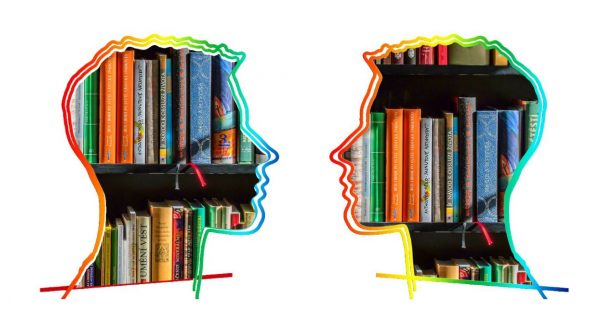Description
School debates are a rising star among the interests of teachers, and the reasons for this are numerous and clear: debates increase student engagement and sensitivity towards delicate issues, besides helping them acquire new research skills.
However, although this activity has always had space in many education systems around the world, it is fairly new for European schools.
This course provides specific tools for teachers to activate, facilitate, and dig deeper into meaningful discussions that lead to learning.
As a participant, you will acquire all the tools to introduce debates in your teaching practice, both as a “stand-alone” activity meant to enhance soft skills (such as active listening, researching, empathy, and public speaking) and as part of your curriculum.
You will learn to energize discussions that will improve student engagement, develop critical thinking skills, and deepen understanding and appreciation of diverse views.
The instructor will provide discussion tools and model exercises to enliven classrooms and ensure that all voices are heard by demonstrating ways to listen to one another and respond with empathy so that all students’ values and needs are respected.
Finally, you will become familiar with creating a lesson plan for a debate, as well as with evaluation tools, and you will be able to provide your students with all the tips they need to excel in their debate!
After an intense week of practice, during which you will plan, analyze, participate, and evaluate debates, you will feel confident implementing debates, therefore taking advantage of all the amazing benefits in your classroom.
What is included
Learning outcomes
The course will help the participants to:
- Stimulate meaningful, constructive, and engaging discussion in the classroom while ensuring that all students are heard;
- Develop students’ ability to articulate an informed understanding of different topics;
- Model and facilitate deeper listening skills resulting in improved collaboration, group dynamics, and collective learning;
- Cultivate empathy amongst their students while fostering an appreciation for different perspectives;
- Identify in which area of their practice to introduce debates as a teaching tool;
- Design interesting lesson plans involving debates;
- Create evaluation tools for their debate sessions;
- Implement debates as an outcome for curriculum subjects.
Tentative schedule
Day 1 – Course introduction and needs analysis
- Introduction to the course, the school, and the external week activities;
- Icebreaker activities;
- Analyze the need for debate classes;
- Presentations of the participants’ schools.
Day 2 – The skills for debates
- Theories behind debate practice;
- The concept of active listening;
- The art of public speaking.
Day 3 – Lesson planning with debates
- Implement debates in your curriculum;
- Choose the right topic for your debate;
- Carry out accurate preparatory research;
- Create evaluation tools for your debates.
Day 4 – Let’s debate!
- How to facilitate the emergence of debates;
- Support debating activities while avoiding taking control of them.
Day 5 – Supporting your students
- Reflections about debating activities;
- Create a sustainable debate lesson plan;
- Create tools to help your students prepare for debate sessions.
Day 6 – Course closure & cultural activities
- Course evaluation: round-up of acquired competencies, feedback, and discussion;
- Awarding of the course Certificate of Attendance;
- Excursion and other external cultural activities.





